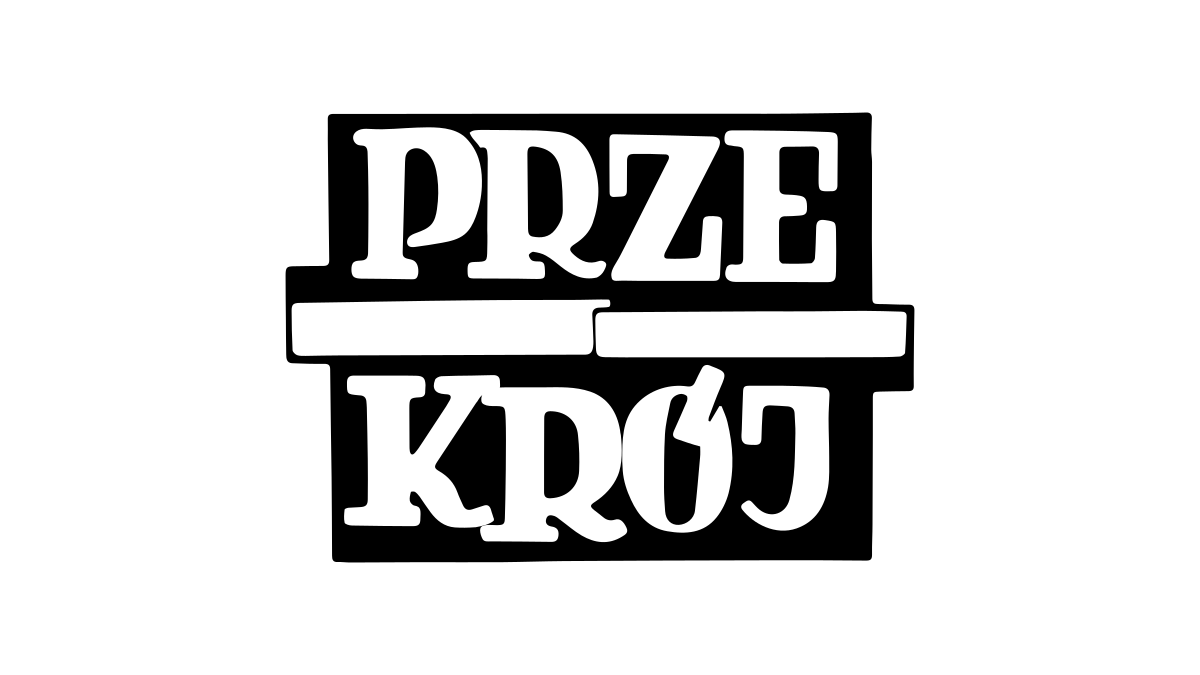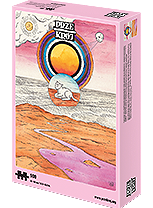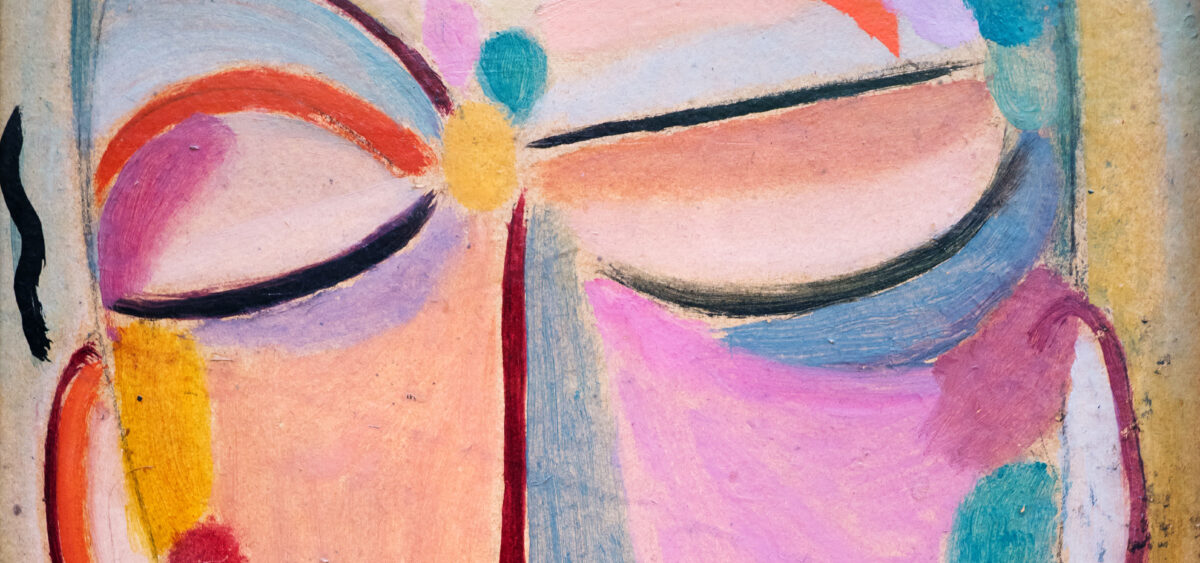
If your brain lost the ability to shut out certain stimuli, you would hear every single sound clearly, sense every single smell and taste, and feel the texture of everything that your skin comes into contact with. You’d soon have the impression you were on the verge of losing your mind, overloaded by so many stimuli. This is precisely how people on the autism spectrum often feel.
It was, I think, 2005. I was in my early twenties and decided to go on a blind date. I honestly do not remember much from that meeting; I have even forgotten the face of the guy I was meeting. What I do remember vividly is the smell, the overly loud music blaring in the pub, and my discomfort when I couldn’t focus on the conversation. I also felt embarrassed that I lacked the confidence to ask whether they could turn down the radio. Back then, I would have found it difficult to admit to the man I was with that I was being overwhelmed by sensory experiences on our date.
Many years later, I came to understand my mysterious sensitivity to unpleasant smells and noise: I am an autistic person (I prefer this term to “a person with autism,” which sounds as if I could somehow be detached from the condition that has been with me throughout my entire life!). I also have ADHD (Attention Deficit Hyperactivity Disorder). I received these medical diagnoses years later, after countless crises and layers upon layers of masking—attempts to pretend that I’m cut from a more resilient cloth than I actually am. The two conditions merged together into a kind of garment that’s impossible to take off—something I can now call a “syndrome of illogical reactions.”
Safe Bonding
Autism spectrum disorder is a relatively young diagnosis in psychiatry and neurology. The first clinical descriptions were published by Soviet child psychiatrist Grunya Sukhareva in 1925; however, two men are commonly considered to be the fathers of this particular set of diagnostic traits: Hans Asperger and Leo Kanner. It is worth noting that the








